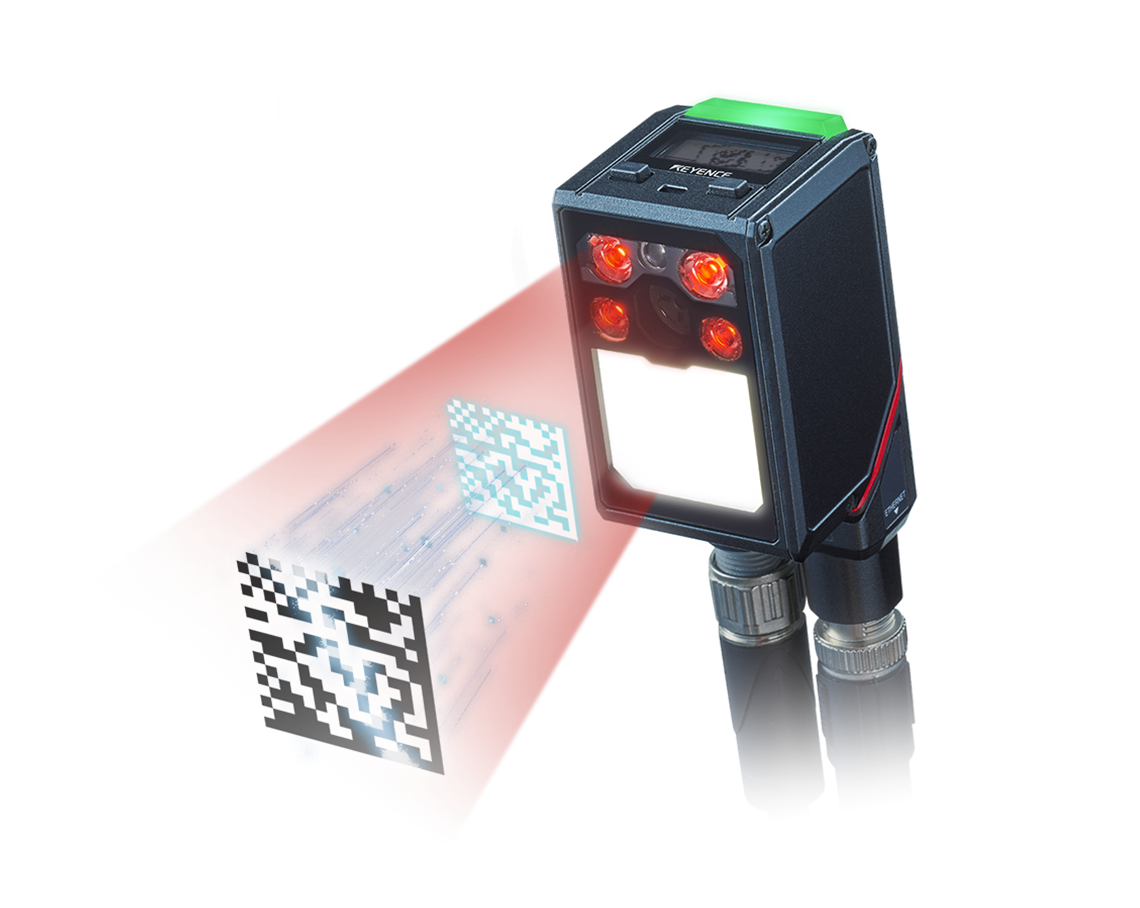Heavy-Duty Barcodes Scanners Built for Professional Needs
Heavy-Duty Barcodes Scanners Built for Professional Needs
Blog Article
Picking the Right Barcode Scanner for Your Service Requirements
Choosing the proper barcode scanner for your service calls for a nuanced understanding of your certain functional needs and environmental conditions. Variables such as scanner type, rate, and compatibility with existing systems play a pivotal duty in identifying the ideal selection. Moreover, factors to consider around sturdiness, connection, and the overall cost of possession can substantially impact long-lasting effectiveness. Recognizing these components is vital, yet several services overlook essential aspects that can affect their general productivity. The following steps in this procedure can make all the difference for your operations.
Recognizing Barcode Scanner Types
When it comes to picking a barcode scanner, understanding the numerous types readily available is crucial for meeting certain service requirements. Barcode scanners can be classified into numerous types, each developed for different applications and settings.
Fixed-mount scanners, on the other hand, are developed for high-volume scanning applications, typically discovered in assembly lines or checkout counters. These scanners are installed in a stationary placement, permitting for rapid scanning of several things in succession.
An additional kind is the mobile computer, which integrates scanning capabilities with computing power. These devices are excellent for area procedures or warehouse management, making it possible for information collection and real-time supply tracking. In addition, there are industrial scanners that are constructed to withstand rough settings, such as severe temperature levels or direct exposure to dirt and wetness.

Secret Functions to Take Into Consideration
What crucial attributes should services prioritize when selecting a barcode scanner? Scanning rate is crucial, as faster scanners improve functional performance, especially in high-volume atmospheres. The scanner's capability to read numerous barcode formats is likewise vital; guarantee it supports prominent kinds like QR codes, UPC, and Code 128 to suit diverse supply items.
Durability is one more crucial function, specifically for organizations in rugged settings. Look for designs that are built to withstand declines, dirt, and moisture. Additionally, take into consideration the connectivity alternatives available; whether you favor USB, Bluetooth, or Wi-Fi, the appropriate connection can boost assimilation with existing systems.

Analyzing Your Company Setting
To successfully choose a barcode scanner, services must analyze their specific operational atmosphere. This analysis includes examining the physical format of the work area, the nature of the items being checked, and the common problems under which scanning occurs. A retail environment may need portable scanners that can promptly refine transactions at the checkout, while a storage facility setting could profit from ruggedized scanners designed to endure harsher conditions.
In addition, consider the volume of scanning called for. High-throughput atmospheres may demand sophisticated scanning innovations, such as fixed-position scanners or mobile phones that can operate efficiently in busy i thought about this scenarios. The combination capacities with existing inventory management systems also play an important function; make sure the picked scanner can flawlessly attach with software platforms being used.
Furthermore, analyze the potential for development and scalability. A scanner that fulfills existing needs could not be adequate as organization expands. By extensively analyzing these variables, organizations can choose a barcode scanner that not only satisfies immediate needs yet additionally supports long-lasting operational efficiency and versatility. This critical strategy inevitably contributes to smoother processes and enhanced performance.
Budgeting for Your Scanner
Having examined the operational setting and identified the specific demands for a barcode scanner, the next action includes careful budgeting to make sure a smart economic investment. Establishing a budget starts with determining the total costs associated with the scanner, consisting of preliminary acquisition cost, operational expenditures, and prospective maintenance charges.
When picking a barcode scanner, think about the series of available alternatives, from portable tools to fixed-position scanners, as prices can differ considerably. It is important to balance expense with capability; deciding for a more budget friendly model may bring about increased operational inefficiencies if it does not fulfill your service demands.
In enhancement to the hardware, consider expenses connected to software application, training, and prospective upgrades. While it may be alluring to lessen ahead of time expenditure, purchasing a top quality scanner that lines up with your functional requirements can yield long-lasting cost savings with enhanced effectiveness and reduced downtime.
Lastly, think about the overall expense of possession, which incorporates the scanner's life expectancy and possible resale worth. By diligently intending your spending plan, you can make certain that your financial investment in a barcode scanner will certainly enhance your functional productivity and financial efficiency.
Assimilation With Existing Solution
Incorporating a barcode scanner with your existing systems is critical for optimizing its effectiveness and guaranteeing seamless operations. barcodes scanners. A well-integrated scanner boosts operations performance, minimizes errors, and speeds up data processing. When picking a barcode scanner, take into consideration compatibility with your present software application and hardware infrastructure, including your supply monitoring systems, point-of-sale (POS) systems, and business source planning (ERP) solutions
Review whether the scanner makes use of common procedures such as USB, Bluetooth, or Wi-Fi, which can promote very easy combination. Additionally, analyze whether the scanner's software application provides APIs or SDKs that enable a knockout post modification and integration with exclusive systems. This is specifically crucial for companies with unique functional requirements.
As your company grows, your systems must be able to suit added scanners and handle enhanced data volumes without considerable reconfiguration. Eventually, spending in a barcode scanner that effortlessly incorporates with your existing systems will certainly generate long-term benefits, boosting precision, effectiveness, and overall performance within your operations.

Conclusion
In final thought, picking an ideal barcode scanner go demands a detailed examination of different elements, including scanner types, essential functions, and the certain company setting. Correct budgeting for both acquisition and operational costs is necessary, together with guaranteeing compatibility with existing systems. By carefully considering these components, services can enhance performance and performance, inevitably resulting in improved functional results. The right barcode scanner works as an important device in enhancing processes and facilitating reliable stock monitoring.
Report this page